The equation for Super Bowl LVIII tickets is quite simple: Taylor Swift-enhanced Kansas City Chiefs fandom + the West Coast-draw of the San Francisco 49ers + the allure of Las Vegas = record-level pricing.
Average secondary ticket market list pricing for the NFL’s title game, set for Feb. 11 at Allegiant Stadium, has reached $10,752, according to the ticket aggregator TicketIQ, the highest non-COVID figure ever tracked at this point before the Super Bowl. (Technically, Super Bowl LV, three years ago, saw a higher number, but that game featured seating capacity limited to 25,000 due to the pandemic.) TickPick, meanwhile, said average purchase prices for Super Bowl LVIII thus far have reached $9,815 per ticket, also a record figure and 70% higher than a year ago.
So, what got us here? This year’s game features a highly potent mix of competing teams and fanbases, plus a sizzling host market. The already-popular Chiefs have reached a new level of prominence this season thanks to tight end Travis Kelce’s romantic relationship with Swift. The 49ers, meanwhile, have the NFL’s sixth-largest social media following among NFL teams. And the league’s first-ever Super Bowl in Las Vegas brings the largest single event in U.S. sports to the sports industry boom town.
In another powerful indicator of the game’s historic appeal, low-end get-in pricing begins at more than $7,000, also ranking among the highest-ever figures for a Super Bowl played under normal conditions.
“This is probably one of the lower-impact [potential] matchups, actually, and demand is still up,” Jesse Lawrence, TicketIQ’s founder and CEO, tells Front Office Sports. “All bets are off for where this goes over the next two weeks, but I do think team demand is less of a factor this year, and the Vegas location is definitely helping drive this.”
Money Left on the Table
As strong as the current ticket numbers are, they likely would have been even higher had the Detroit Lions defeated the 49ers in the NFC Championship Game given that market’s establishment of a robust mini-economy around the Lions’ upstart run.
“The Lions’ demand for this,” says Lawrence, “would have been through the roof.”
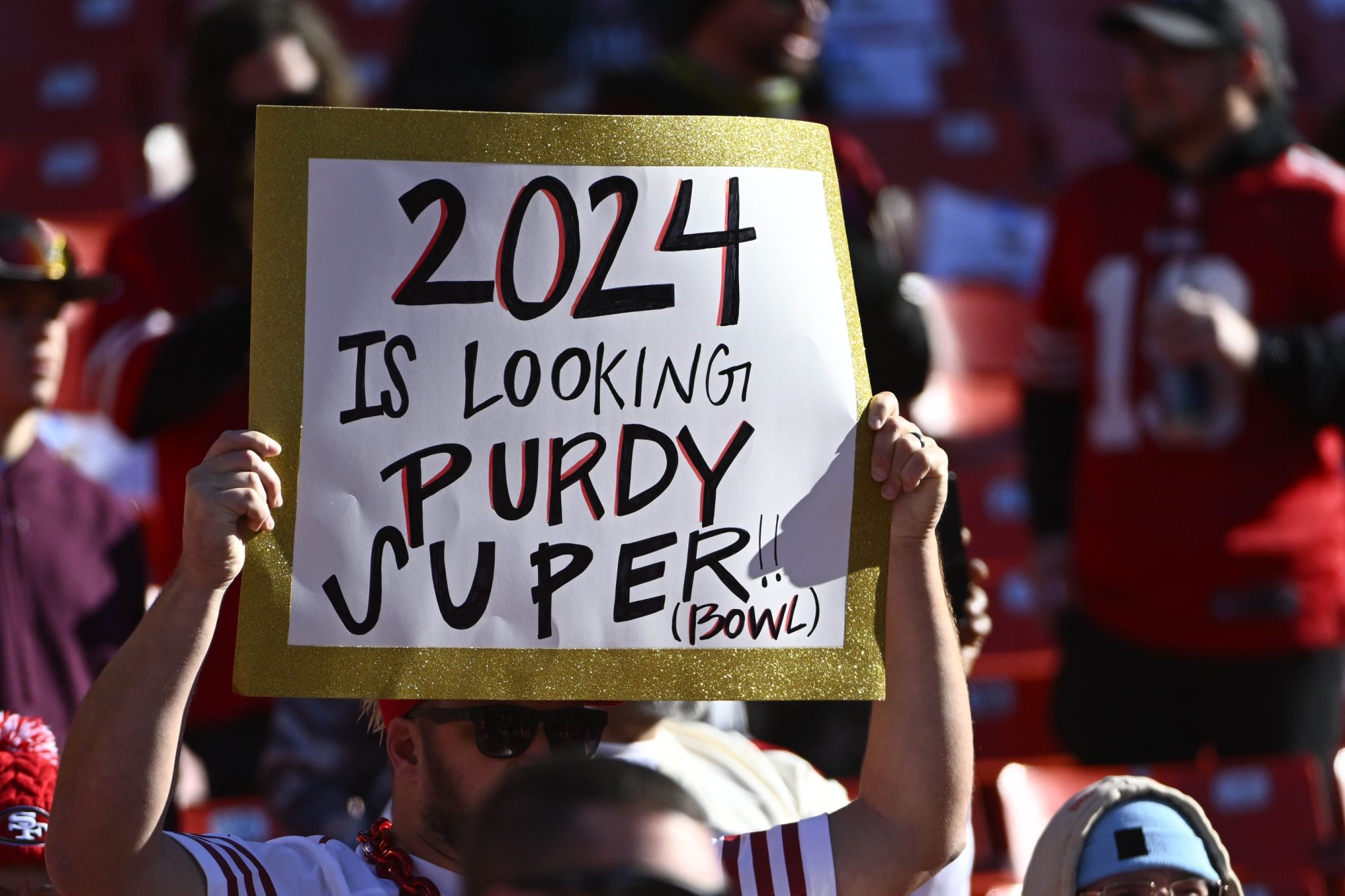
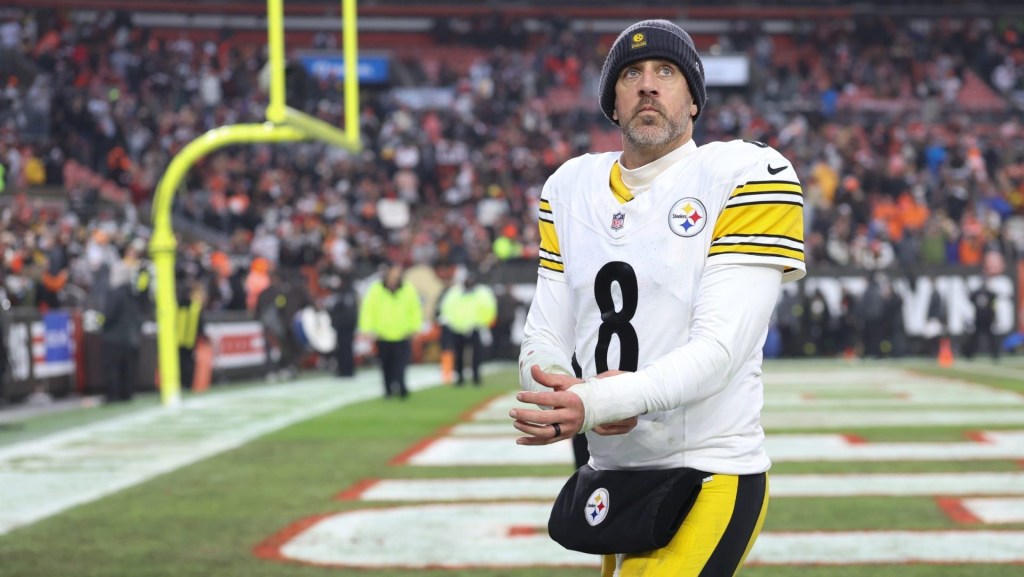
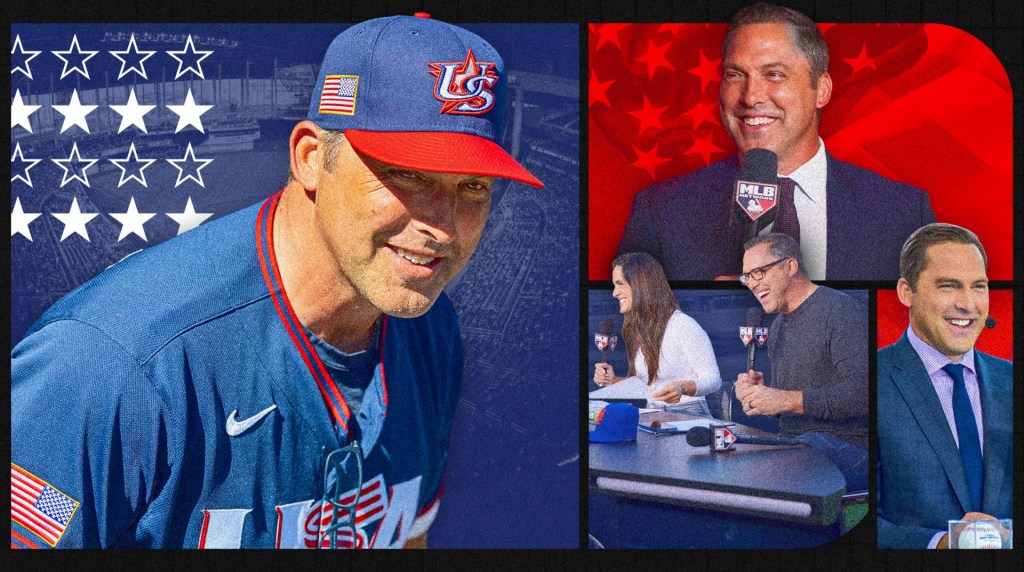

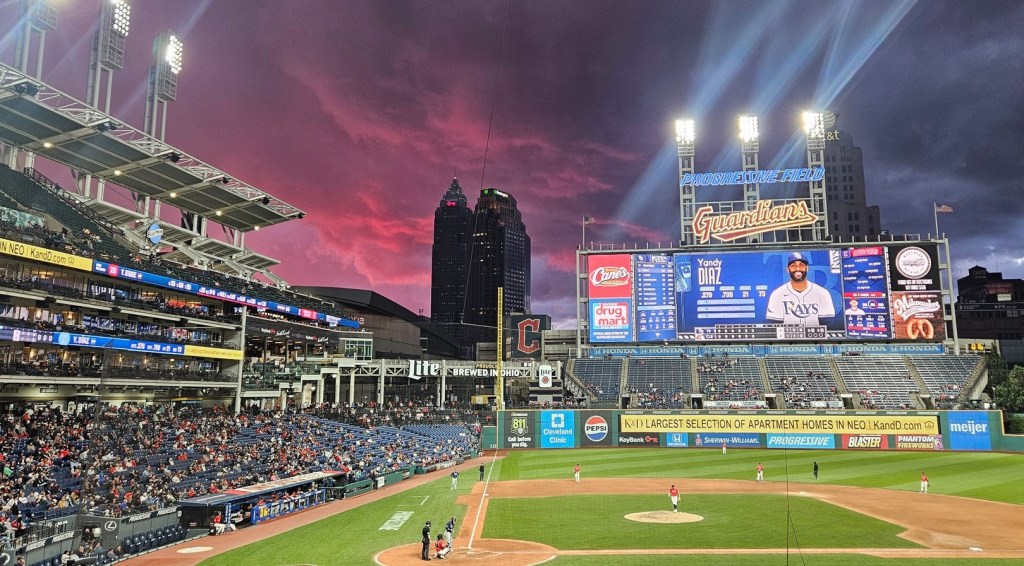


![[Subscription Customers Only] Jun 15, 2025; Seattle, Washington, USA; Botafogo owner John Textor inside the stadium before the match during a group stage match of the 2025 FIFA Club World Cup at Lumen Field.](https://frontofficesports.com/wp-content/uploads/2026/02/USATSI_26465842_168416386_lowres-scaled.jpg?quality=100&w=1024)
![[Subscription Customers Only] Jul 13, 2025; East Rutherford, New Jersey, USA; Chelsea FC midfielder Cole Palmer (10) celebrates winning the final of the 2025 FIFA Club World Cup at MetLife Stadium](https://frontofficesports.com/wp-content/uploads/2026/02/USATSI_26636703-scaled-e1770932227605.jpg?quality=100&w=1024)
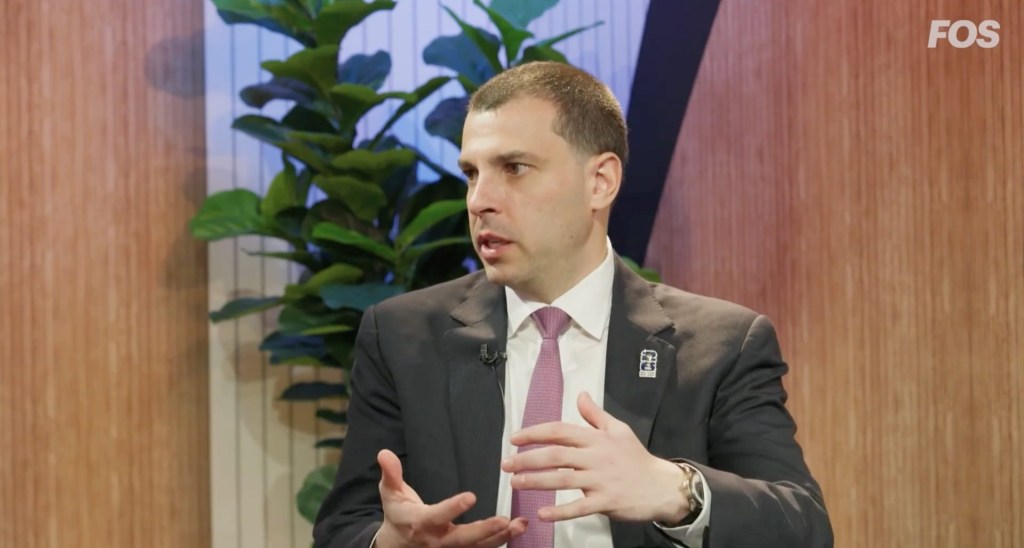

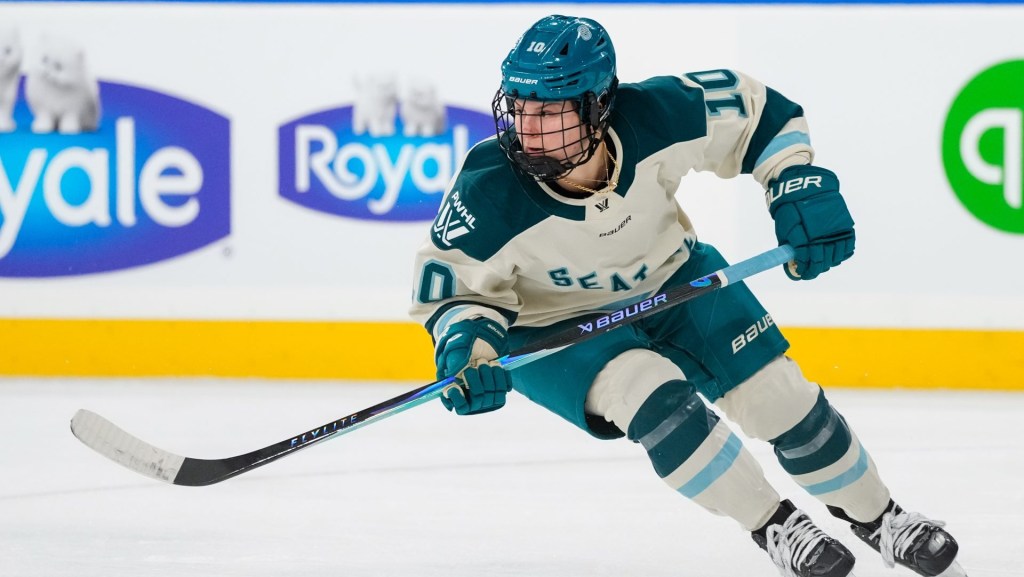


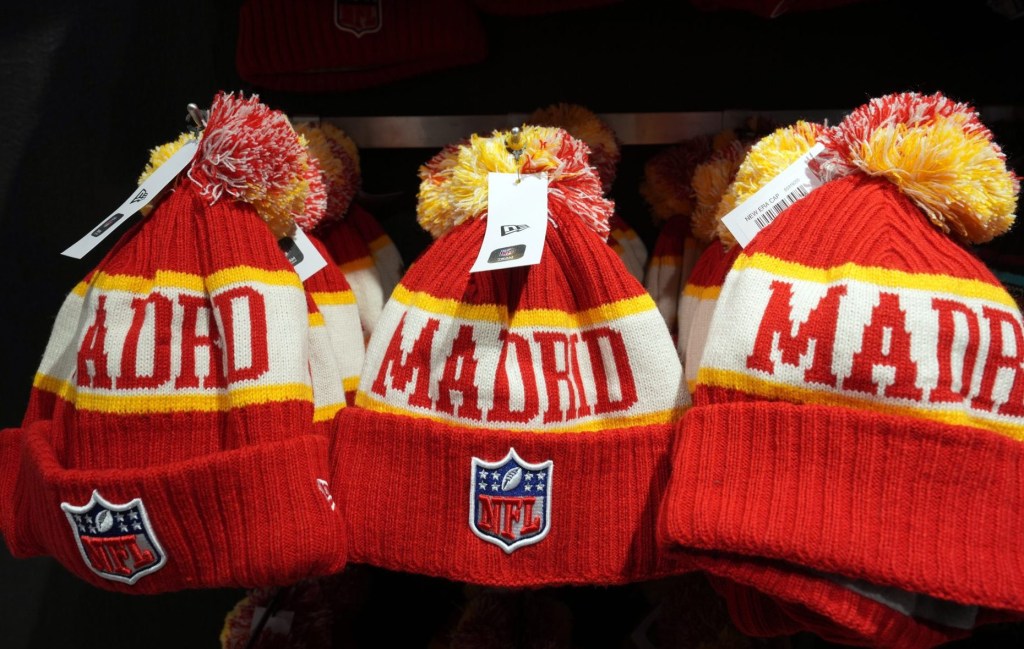
![[US, Mexico & Canada customers only] Feb 6, 2026; Riyadh, SAUDI ARABIA; Jon Rahm in action during the third round of play at LIV Golf Riyadh at the Riyadh Golf Club.](https://frontofficesports.com/wp-content/uploads/2026/03/USATSI_28173562_168416386_lowres-scaled.jpg?quality=100&w=1024)

